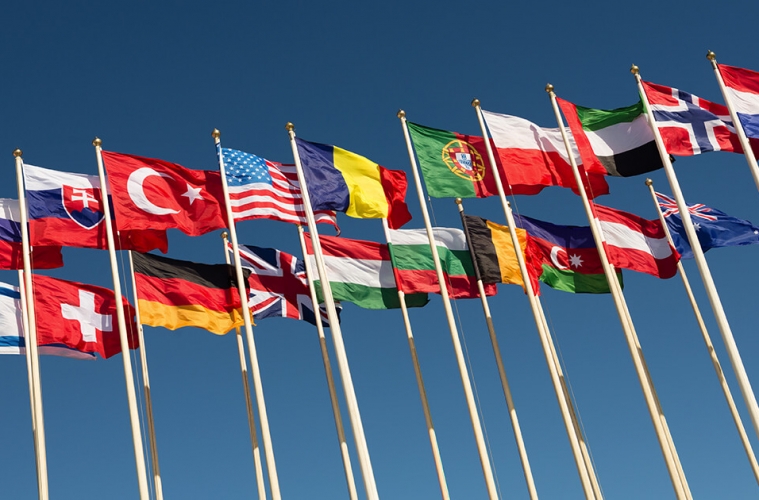For 18 years, the Russian Federation sought accession to the World Trade Organization. In 2012, our country nevertheless entered this union. Such a grand event gave rise to many disputes between politicians and public figures. And in 2018, news appeared about a possible withdrawal of Russia from the organization. What could have happened? Why and when did Russia join the WTO? We will try to figure it out in our article.
The role of the WTO on the world stage
Before examining the question of why Russia joined the WTO, it is necessary to give a brief description of the organization itself. The World Trade Union (or organization) was established on January 1, 1995. His goal was to liberalize interstate trade and regulate the political relations of its member countries. The WTO is formed on the basis of the GATT - General Agreement on Tariffs and Trade.
The headquarters of the trade union is located in the capital of Switzerland. In total, the union consists of 164 states. The WTO is responsible for the formation and implementation of new trade agreements. It monitors compliance by its members with all ratified standards. Member countries have a relatively high level of customs and tariff protection. The main principles of the organization are reciprocity, equality and transparency.
Russia's WTO accession
The date of the beginning of the negotiations can be called 1986. Even then, the leadership of the Soviet Union announced its intention to conclude an agreement with the GATT. The application was rejected at the insistence of the United States. The states motivated this by the fact that a planned economy incompatible with the free market is being carried out in the USSR. However, after 4 years, the Soviet Union still received observer status.
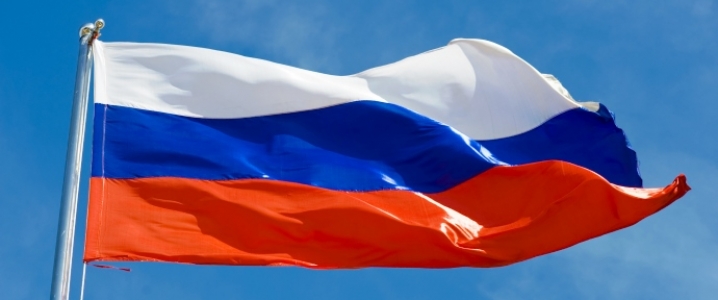
The USSR collapsed, a new state appeared - the Russian Federation. In 1993, the Constitution was adopted. At the same time, official negotiations began on WTO accession. They took an incredibly long time. Most of the problems for the Russian Federation were created by the European Union and the United States.
The question of when Russia will join the WTO was complicated by the Russian authorities themselves. 208 people out of 446 who voted strongly opposed the participation of the Russian Federation in the international trade union. The law, however, was ratified. It was approved by the Federation Council and the president. At the beginning of 2012, Russia was presented with a number of conditions under which the country could enter the union.
WTO accession conditions
The full text of the requirements put forward by WTO members to Russia can be found on the website of the Ministry of Economic Development of the Russian Federation. Most of the changes affected customs duties. Two lists of obligations were presented - for goods and services. Russia was temporarily limited in accepting foreigners from WTO members to the domestic market.
Two important principles have come into force. The first is "on national treatment." It means that tax, procedural and private law rules are equivalent for both Russians and foreign individuals. The second principle is "on a favored nation." If Russia provides a favorable regime for some persons of one WTO member country, then such a regime will automatically apply to all other persons of any other member of the organization.
When did Russia join the WTO? On July 21, 2012, the Russian president signed the Federal Law "On Russia's Accession to the Marrakesh Agreement Establishing the World Trade Union."
Why did Russia join the WTO?
"The country has confidently stepped towards the West, and this will primarily affect the quality of life of the Russians themselves." It was such speeches that could be heard from the domestic media when Russia joined the WTO. The authorities also began to assure the people of the importance and epoch-making of the event.Was all this true? Opinions on this issue differ. You can independently draw a conclusion for yourself by looking at the main goals that Russia wished to achieve in the WTO
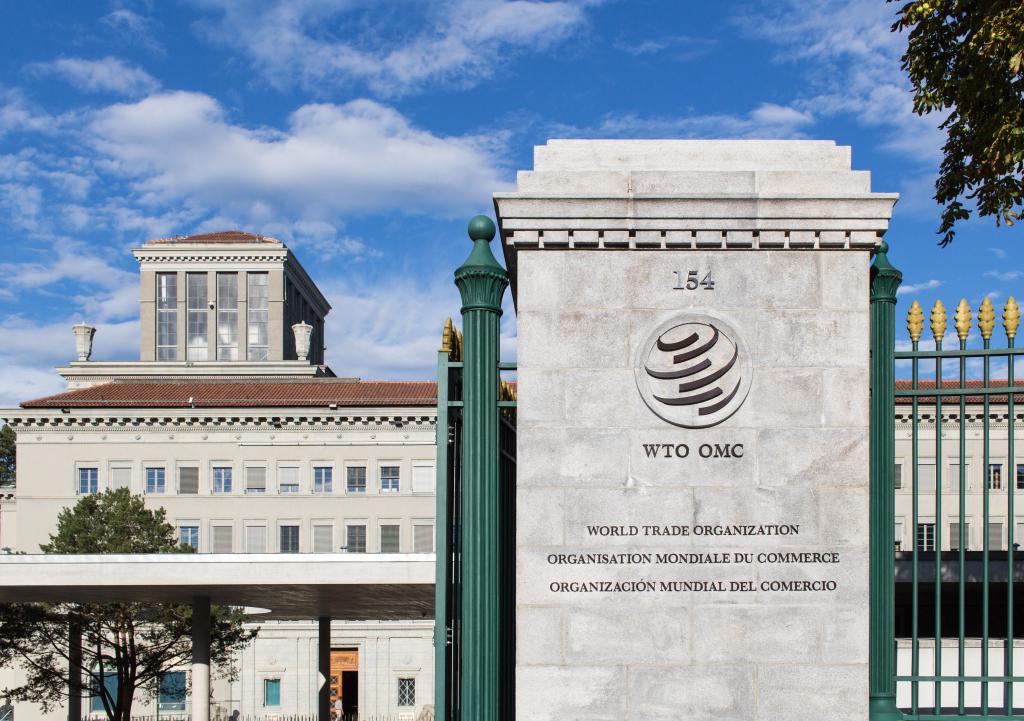
When entering the trade union, the state’s primary task was to modernize relations with the West in the form of opening domestic markets and lowering tariffs. Russia's goals in the WTO are as follows:
- participation in the formation of interstate trade rules taking into account national interests;
- improving the image of Russia on the world stage;
- access to the interstate mechanism for resolving trade conflicts;
- obtaining the best conditions for access of domestic products to the world market;
- empowerment of Russian investors in WTO member states.
In pursuit of these goals, the Russian authorities have developed an important principle for themselves: the country's rights and obligations in the WTO should contribute to economic growth, but not vice versa.
Russia in the WTO: main advantages
What positive aspects should have followed Russia's entry into the WTO? The first indisputable advantage that immediately comes to mind is the improvement of the country's image on the world stage. It is unlikely that anyone would dare to ignore the fact that Russia is a country for many incomprehensible and in many ways even dangerous. This is not a European state, but there are not so many eastern elements in it. The Russian authorities should try very hard to show how our country can be useful on the world stage. The long-awaited access to the WTO is a clear improvement in the image for the Russian Federation.
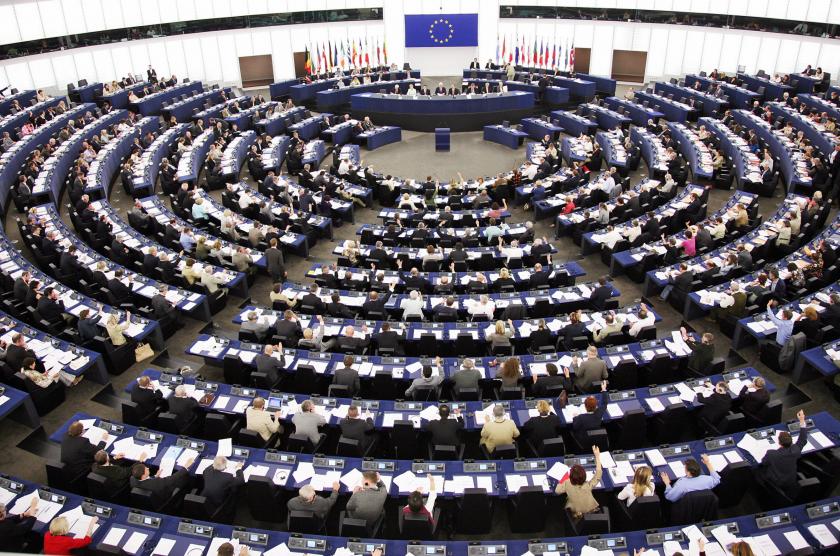
When Russia joined the WTO, the Russian media tirelessly reported an early reduction in prices for most of its products. Allegedly, the value of goods will fall a couple of years after joining the trade union. Prices have indeed fallen. But the decrease was insignificant and it affected far from all goods. Free access to established trading schemes has borne fruit, which was undoubtedly a great advantage for Russia at that time. However, I did not have to rejoice for long. Two years later, the United States and the European Union applied the first package of sanctions against our country.
Economic growth
Russia joined the WTO in the year of optimal economic development. 2012 was marked by presidential elections and new reforms. Numerous sanctions have not yet denigrated the economic and political situation in the country. Thanks to the alliance with the WTO, competition has increased in Russia. The result was the modernization of the domestic economy.
The credit rate was lowered - both for the ordinary population and for small and large businesses. Some domestic manufacturers were able to enter the world market. This made them pay attention to the quality of their products. The consequence of this was increased competition.
Some import duties have been significantly reduced. Medicines, clothing, IT products and other products have become more accessible to the public. Finally, the principle of transparency of the WTO trade legislation has allowed building complex and high-quality relations between the parties.
So why did Russia join the WTO? Looking at these advantages, it becomes not at all difficult to answer this question. The country could survive a real economic recovery. Unfortunately, this did not happen due to the Ukrainian conflict into which Russia intervened. Sanctions were imposed on the country, and some deputies seriously thought about withdrawing from the WTO. In their bill, they provided a list of the shortcomings that Russia gives to membership in the trade union.
Russia in the WTO: main weaknesses
The possibility of unemployment in the domestic market is the first and main drawback. Russian enterprises may simply not be able to withstand competition with foreign manufacturers. The situation may worsen in the so-called "factory" cities - where most of the population is involved in production.
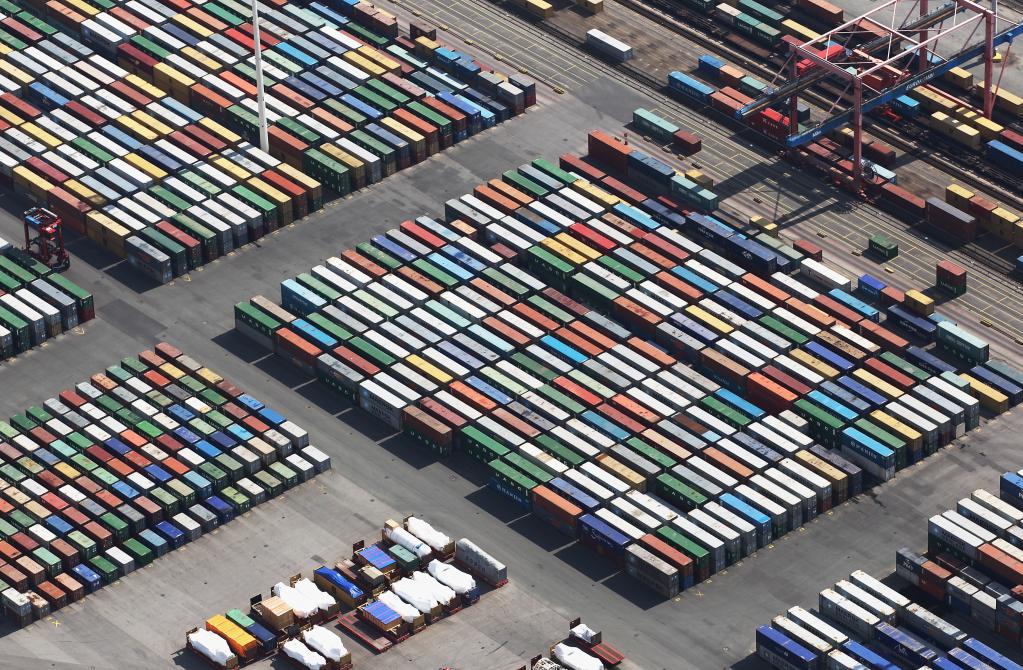
Import duties have been lowered.This led to the fact that a number of goods became unprofitable to produce in Russia. These are agricultural products, and most importantly, the auto industry. So, the customs duty on the import of used cars fell 4 times. The authorities are already actively fighting this phenomenon. She diligently, although not very successfully, promotes the policy of "import substitution."
In addition to import duties, export duties can also be lowered. Because of this, the country's budget may be at a loss. However, you can’t be afraid of increasing public debt: the government has created many other problems for itself.
The consequences of Russia's entry into the WTO
Experts are sure that joining the trade union will entail a reduction in duties on many goods. So, by 2019, the duty on cars should fall from 30 to 15 percent. Following the auto industry, alcohol, household appliances, clothes and much more will become cheaper.
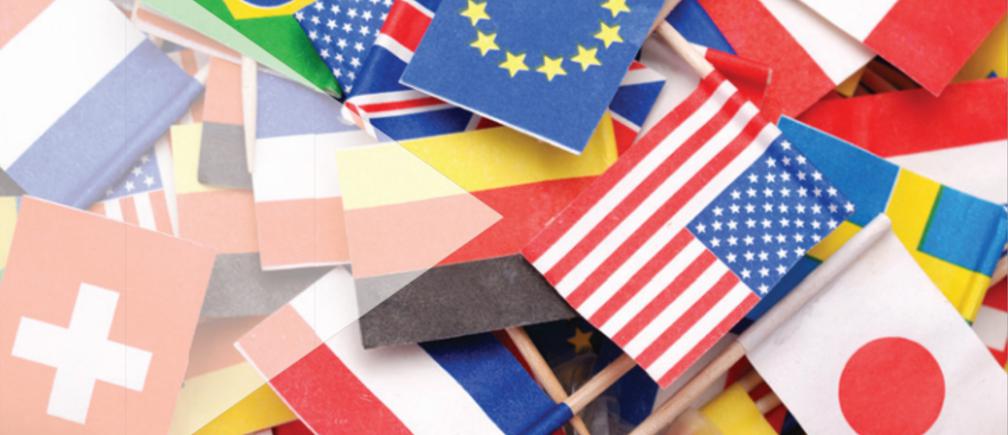
It is expected that Russia's participation in the WTO will give an additional $ 2 billion a year. The Russian economy will begin to grow due to foreign investment. The external environment will change. Competition will go up, tariff barriers will decrease, the state will reduce a number of protectionist measures.
Criticism of Russia's participation in the WTO
The question of whether Russia joined the WTO worried many political scientists and economists. Experts worried that the losses from joining the union would be much higher than the possible benefits. Back in 2006, experts calculated that the benefit of domestic enterprises after joining the WTO would be $ 23 billion, and the loss would be $ 90 billion. However, everything turned out a little differently. Russia entered the union on favorable terms, which allowed it to not change customs policy at all during the first three years.
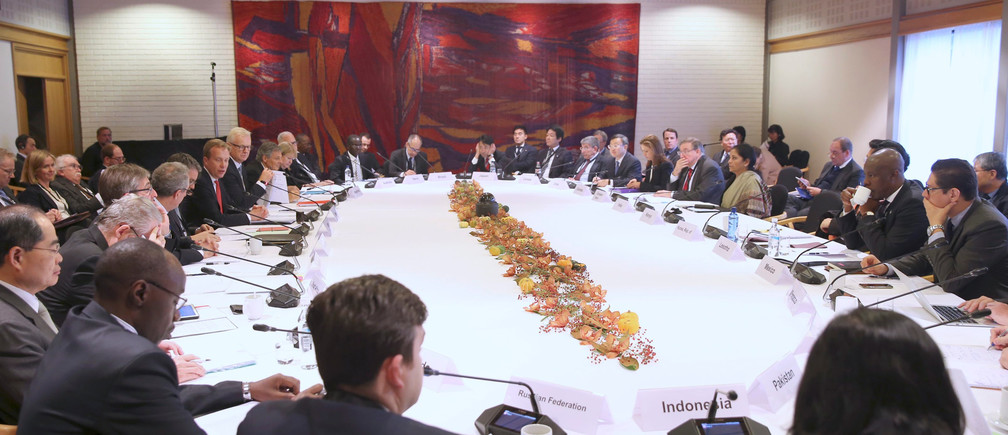
In 2012, Vladimir Putin did not side with the critics of the WTO. He said that the modernization of the Russian economy would be simply impossible if the authorities decided to ignore the issue of joining the union. When Russia joined the WTO (the date and year are indicated above), the main critics of this step were members of the Communist Party faction.
The question of Russia's exit from the WTO
Deputies from the Communist Party faction have already developed a bill aimed at the systematic exit of the Russian Federation from the World Trade Union. The document says in which year Russia entered the WTO and what followed. 900 billion rubles for five years of membership were lost, and by 2020 the amount of damage will be 12-14 trillion rubles
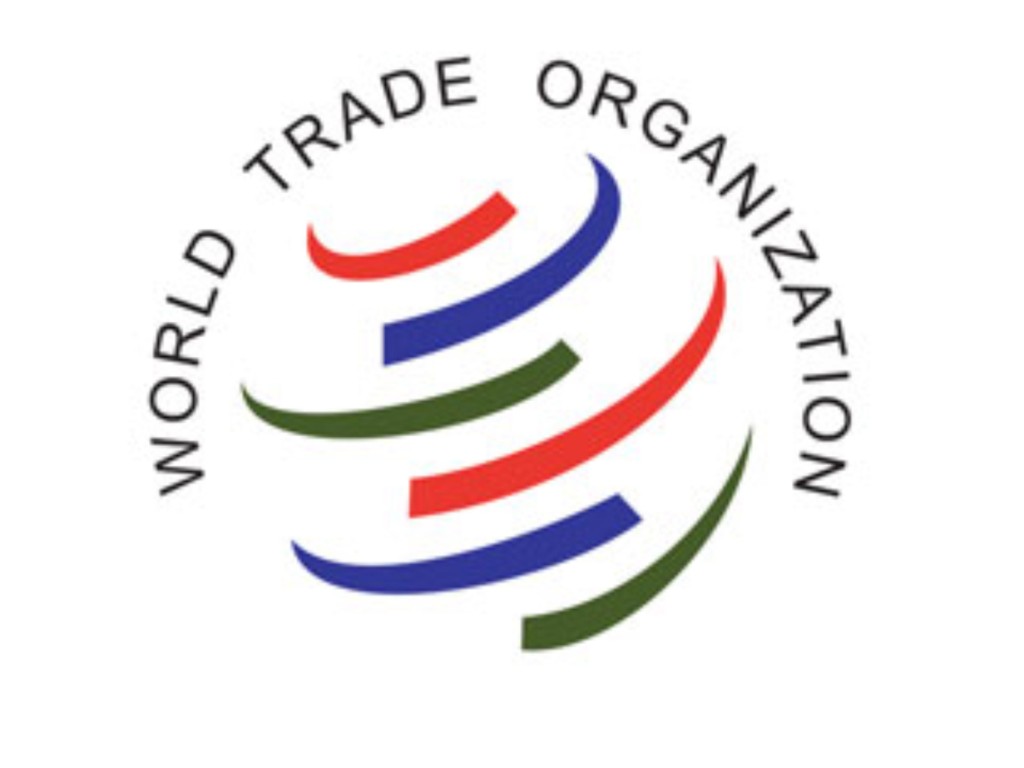
What threatens Russia's exit from the WTO? Unfortunately, no one knows. By international agreement, there is a right of exit, but no one has applied it. Russia can set a precedent. With a high degree of probability, it will entail the imposition of severe sanctions on the offending side.
